What to eat during labour…
So it’s not long until the day when you get to welcome your little one into the world. You’ve been stocking up on nappies and you have your hospital bag ready to go… but have you considered what you’ll need to eat and drink during labour? With the average first time labour lasting eight hours, and maybe even up to 18 hours, labour is more of an endurance event than a sprint for many women, so you’ll want to pack some snacks just in case. In today’s blog, I share my top snacks to pack, and why.
Obviously, the duration of your labour is different for everyone, but if you’re going to have a longer labour, it’s important to be prepared with the right foods. One of my sisters is a midwife, and she almost delivered her first baby in the hallway of the hospital, he came so quickly! Yet, my mother always tells the story that she was in labour with me for three days! She says that I was determined from the start, and no matter what the doctors did to induce me, I had made up my mind that I was not coming out until Father’s Day, and that’s what I did. I know, my poor mum, right?!
I have my fingers crossed for you that your labour will be a quick one, but either way, it pays to be prepared.
Traditionally, hospitals discouraged women from eating and drinking during labour, and yours still might….but the latest research shows that fasting during labour is completely unnecessary, especially if you have a low risk labour. In fact, some studies go as so far to suggest that women who eat and drink during labour may actually have shorter and healthier labours…. however, many women don’t feel like eating or drinking during labour, so remember to listen to your own body, and do the best that you can.
So, if you are going to eat, what’s the best choices?
Carbohydrates
Labour is usually a strenuous and long-lasting exercise that requires a significant amount of energy, kind of like running a marathon. Carbohydrates are the body’s preferred energy source to fuel such a strenuous task. Carbohydrate-rich foods are known to help to reduce fatigue and increase muscle strength, both of which are important during labour. So, if you can fuel your body with carbohydrate-rich snacks, particularly in the first stages of labour, then it’s probably a good idea.
Carbohydrate-rich foods include toast (although I’d recommend white or wholemeal instead of grainy bread in this instance); fruit, especially bananas; natural, un-buttered popcorn; dry crackers, breakfast cereal or yoghurt.
Stay hydrated
As with any endurance sports, hydration is very important. You may not feel like drinking, especially if you are vomiting or have diarrhoea, but it is important to keep your fluids up. Many women become dehydrated during labour, and that often results in severe constipation soon after delivery. Isotonic drinks and sports drinks like Hydrolyte, Gatorade or Powerade are a better choice than water because they hydrate your body more effectively, so I’d recommend throwing a few of them into your hospital bag. Some hospitals offer icy-poles, and again, even though you may not feel like it, I’d encourage you to suck on one to help keep you hydrated if you can.
At the end of the day, labour is different for all of us, but if you can, I’d encourage you to snack on some carbohydrate-rich foods, and regularly sip on sports drinks to help keep you well-fuelled throughout the duration of your labour.
As always, I’m here to answer any of your dietary questions, so please feel free to post below!

Get nutritious recipes
straight into your inbox!
Send your details now to receive Melanie’s recipes designed around a range of dietary needs including improved fertility, weight loss, general heath and wellbeing through improved nutrition. Receive the recipes specific to your needs.
As seen in






Share this page
What to eat during labour
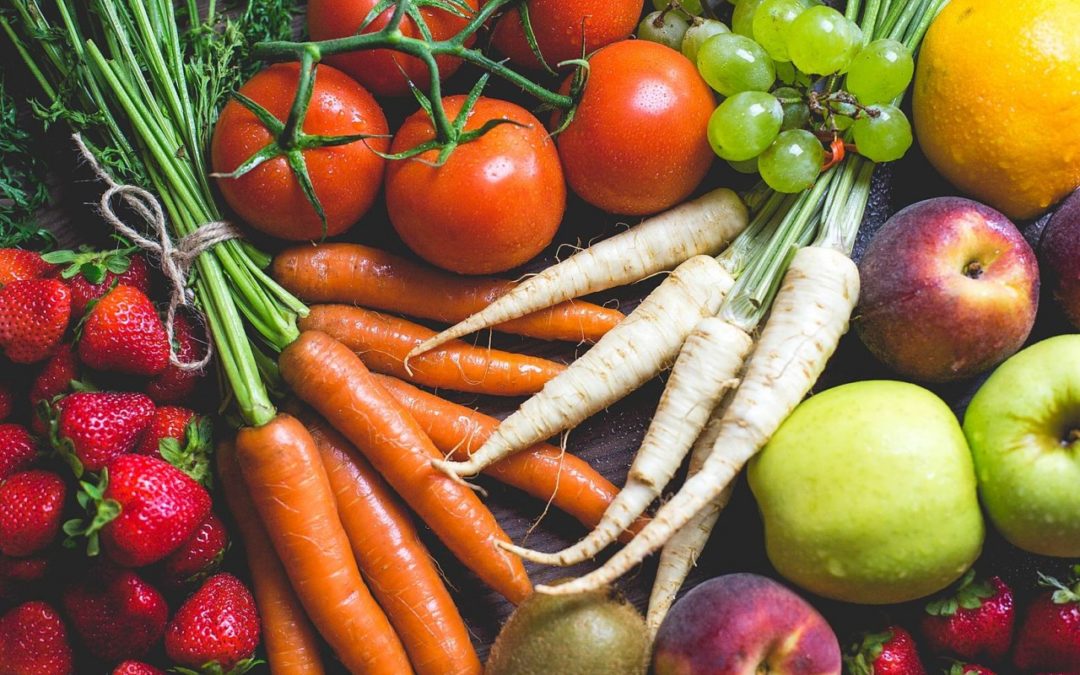
How to overhaul and stock your pantry for a healthy diet
Keeping a well-stocked pantry full of healthy food is the key to maintaining a nutritious diet.
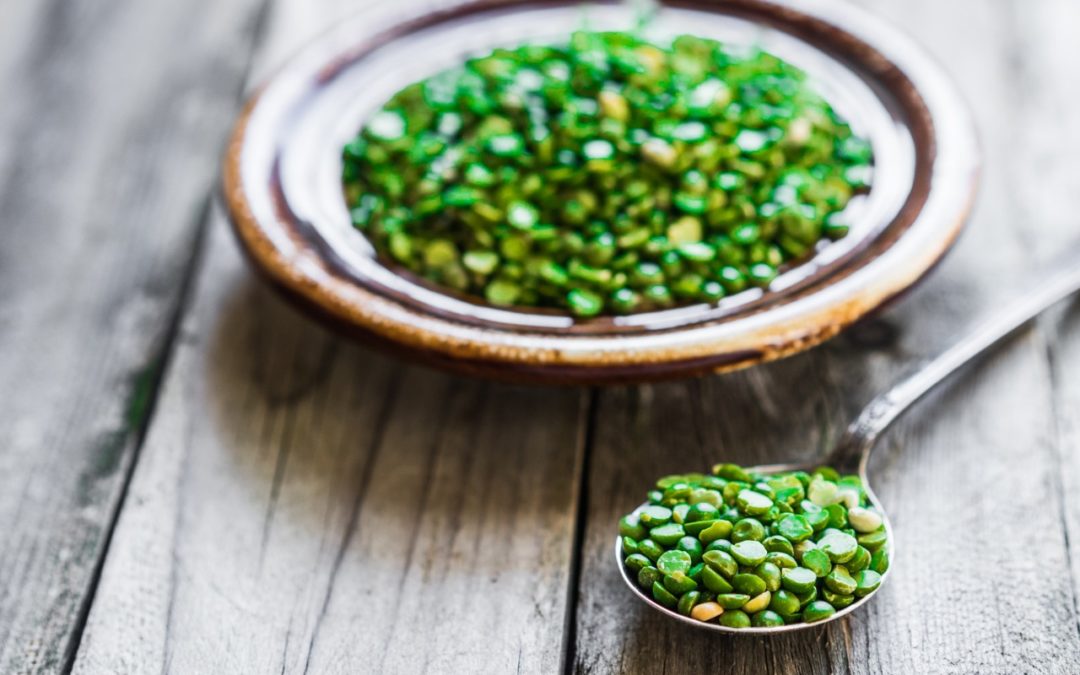
Were All Legumes Created Equal?
What are legumes, you say? They are the edible fruit or seed of a particular group of plants known as the Fabaceae family.

5 tips for eating out on the low-FODMAP diet
Eating out on the low FODMAP diet can be tough, with FODMAP’s hidden in many of your favourite cuisines.
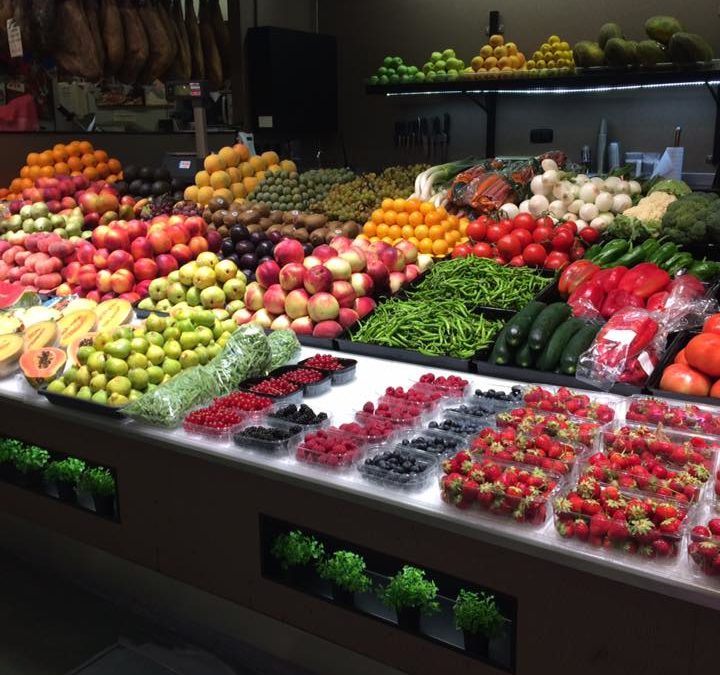
Melanie’s Spanish Food Lessons
As some of you might know, I recently was lucky enough to spend a few weeks soaking up the Spanish sun in San Sebastian on a work/personal holiday. The Spanish certainly enjoy a great lifestyle, whether it’s the deep sense of community and family, their enviable...
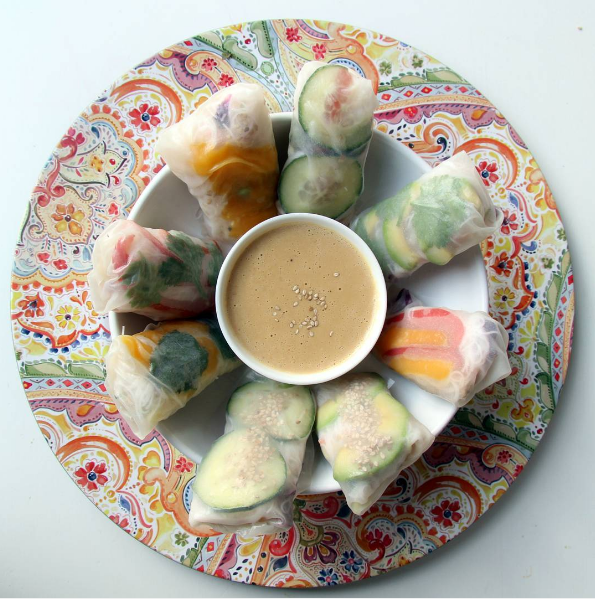
Easy low FODMAP Rice Paper Rolls
On a low FODMAP diet and wanting to add something exotic to your repertoire?

Client on a FODMAP diet
Have you heard of the low FODMAP diet but not sure what it actually entails?
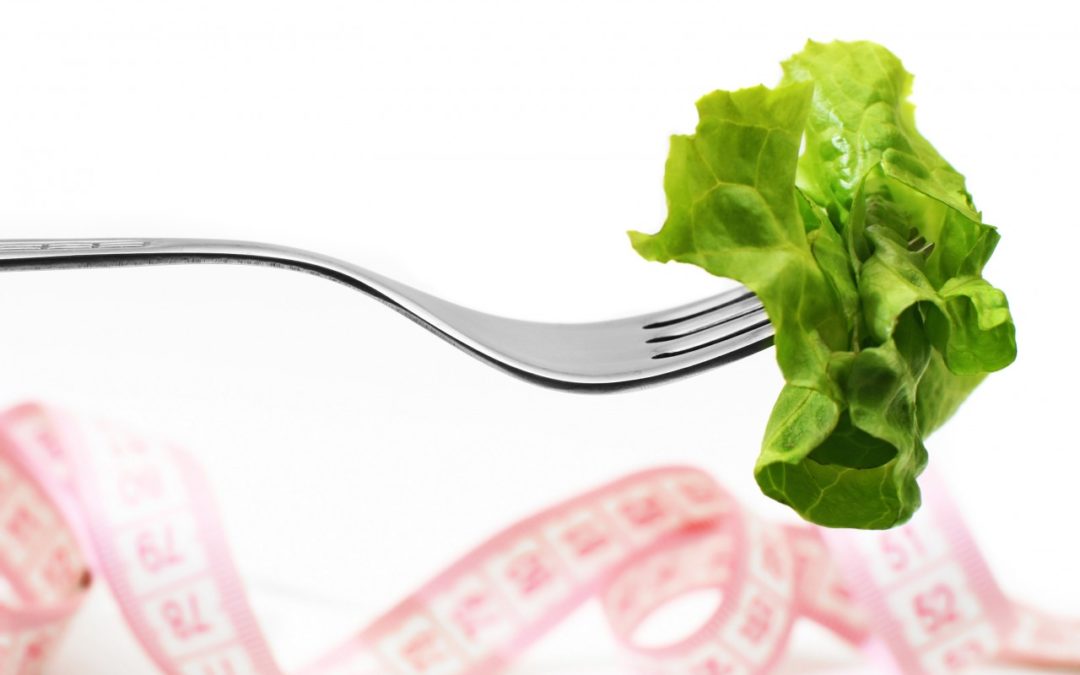
Should I go on a low carb diet?
This weeks video looks at the pros and cons of following a low carb diet, and how to do it healthily.

4 of the most common questions that dietitians get asked about a healthy start for little ones
Research shows that the nutrition that a baby gets throughout their first thousand days of life – starting from a month before a woman even falls pregnant through til his or her second birthday – sets up their health for life.

Do you suffer from IBS?
Does some food not sit right in your stomach, causing bloating and tummy pain? Do you find that certain foods regularly leave you running for the loo or struggling to keep your bowels moving? You might have a condition called Irritable Bowel Syndrome, IBS.

6 key nutrients for breastfeeding
Lack of sleep, irregular hours and constantly feeling like a milk factory – while breastfeeding can be a beautiful time of bonding with your baby, there is no denying how difficult it can be.
As seen in







Get nutritious recipes
straight into your inbox!
Send your details now to receive Melanie’s recipes designed around a range of dietary needs including improved fertility, weight loss, general heath and wellbeing through improved nutrition. Receive the recipes specific to your needs.

0 Comments